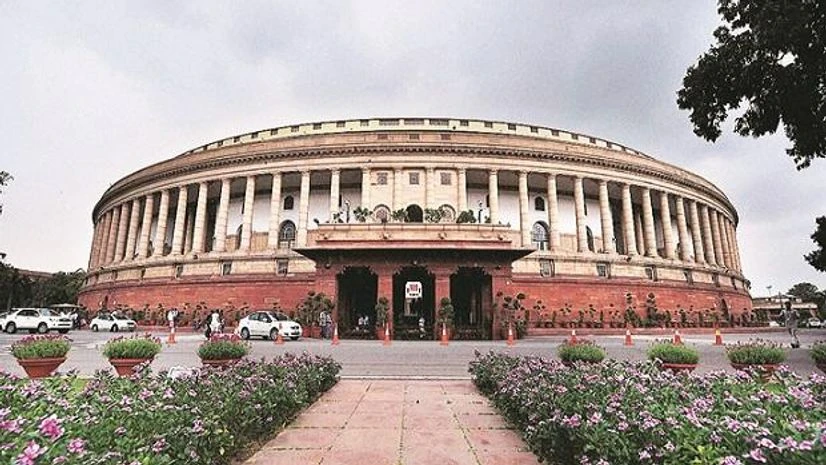A Parliamentary panel has asked the Ministry of New and Renewable Energy (MNRE) to set up a pilot tidal power project in the country, preferably at a cost effective location like Gulf of Kutch.
There are three main types of ocean energy -- wave, tidal and ocean-thermal. The estimated potential of tidal and wave power in India are 12,455 MW and 41,300 MW, respectively while the potential for ocean-thermal has not been estimated till date, it noted.
"Ministry should set up one demonstration/ pilot tidal power project in the country at the most favourable cost-effective location like Gulf of Kutch considering that the capital cost of a tidal power project is site specific," Parliamentary Standing Committee on Energy said in a report tabled in Parliament on Thursday.
The ministry has submitted that the estimated potential of tidal and wave power is purely theoretical and does not necessarily constitute practically exploitable potential.
As a first step, the panel said there is a need to find out the actual exploitable potential of tidal, wave and ocean-thermal power in the country. The ministry should get the potential of tidal, wave and ocean-thermal power reassessed in order to explore the practically exploitable potential, it added.
Further, the committee noted that two tidal power projects of 3.75 MW and 50 MW installed capacities were initiated in 2007 and 2011 in the states of West Bengal and Gujarat, respectively.
However, both these projects were dropped because of exorbitant cost.
More From This Section
In the case of the 3.75 MW Durgaduani Tidal Power Project in West Bengal, the project cost was estimated at Rs 238 crore i.e. Rs. 63.50 crore per MW and in the case of the 50 MW Tidal Power Project at the Gulf of Kutch in Gujarat, the projected cost was Rs 750 crore or Rs 15 crore per MW, as per the panel's report.
The ministry has submitted to the panel that the normative cost of installation of a 1 MW solar, wind, biomass, hydro and thermal power plant is Rs. 3.5 crore, Rs 5.5 crore, Rs 6 crore, Rs 10-15 crore and Rs 5 crore, respectively.
The committee noted that comparing the cost a tidal power project that was arrived at around ten years back with the present project cost of solar, wind and hydro was not justified.
The cost of tidal power may have come down in the last ten years as is the case with other renewable energy like solar power, the panel noted and asked the ministry to reassess the cost of tidal power in India in order to consider its economic viability and benefits in a longer time span.
"Government has set a target to install 175 Giga Watts of renewable power by 2022. However, tidal power has not been included in this target despite the fact that our country is surrounded by sea on three sides and has a long coastline of around 7,500 kilometres with the estuaries and gulfs where tidal power can be harnessed," it noted.
Also, the panel noted that the ministry has not spent any funds for development of tidal power so far.
During the examination of Demands for Grants (2021-22) of the ministry, the committee had observed that the funds allocated for R&D in renewable energy sector as a whole had been drastically reduced at the time of Revised Estimates, and that the ministry could not even utilise the reduced amount since at least 2017-18.
Instead of curtailing R&D, the ministry should enhance its support significantly, particularly for un-harnessed sources like tidal power, which can go a long way in realising the vast potential of renewable energy in the country, the committee said.
Further, the panel observed while seeking to harness the potential of tidal power, there is also a need to pragmatically assess environmental impact and ecological sustainability of tidal power plants.
The ministry may also evaluate global experience in this regard, particularly the two projects installed in France and South Korea, which at present constitute 90 per cent of the installed capacity of tidal power in the world, it added.
(Only the headline and picture of this report may have been reworked by the Business Standard staff; the rest of the content is auto-generated from a syndicated feed.)

)
